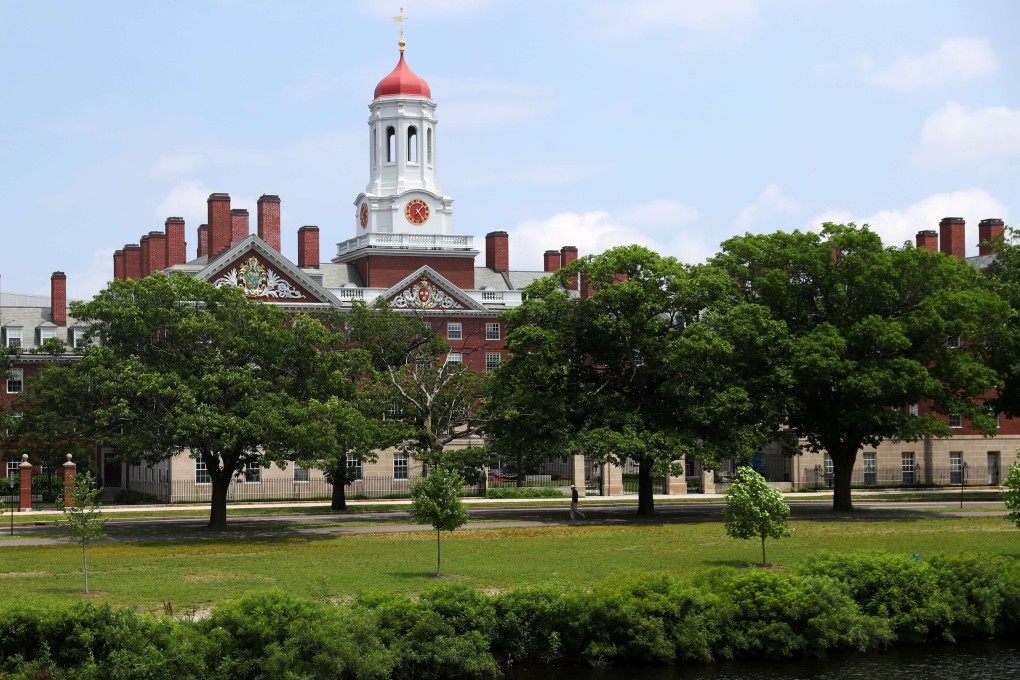Trump administration drops plan to deport foreign students taking online-only classes amid coronavirus pandemic
- International students will be allowed retain their US visas even if taking college classes remotely
- Federal judge in Massachusetts announces settlement of lawsuit originally brought by Harvard and MIT

The US government has rescinded a directive that would have stripped visas from thousands of international students whose courses are offered online only, it was announced on Tuesday, ending a week-long stand-off between American academia and President Donald Trump’s administration.
“I have been informed by the parties that they have come to a resolution of the combined … preliminary injunction motion,” Judge Allison Burroughs of the Massachusetts District Court said in a hearing that lasted about two minutes.
Guidance for international students “will return to the status quo as established by the March 9, 2020, policy directive … and will preclude the enforcement of the July 2020 policy directive and frequently asked questions on a nationwide basis,” she said.
On July 6, the US Department of Homeland Security (DHS) and its Immigration and Customs Enforcement (ICE) division announced its intention to rescind the right of international students to remain in the US while taking online-only courses – an allowance granted in March in response to the coronavirus pandemic – although the agency had not published the change ahead of Tuesday’s hearing.